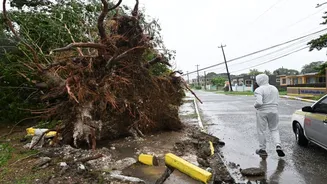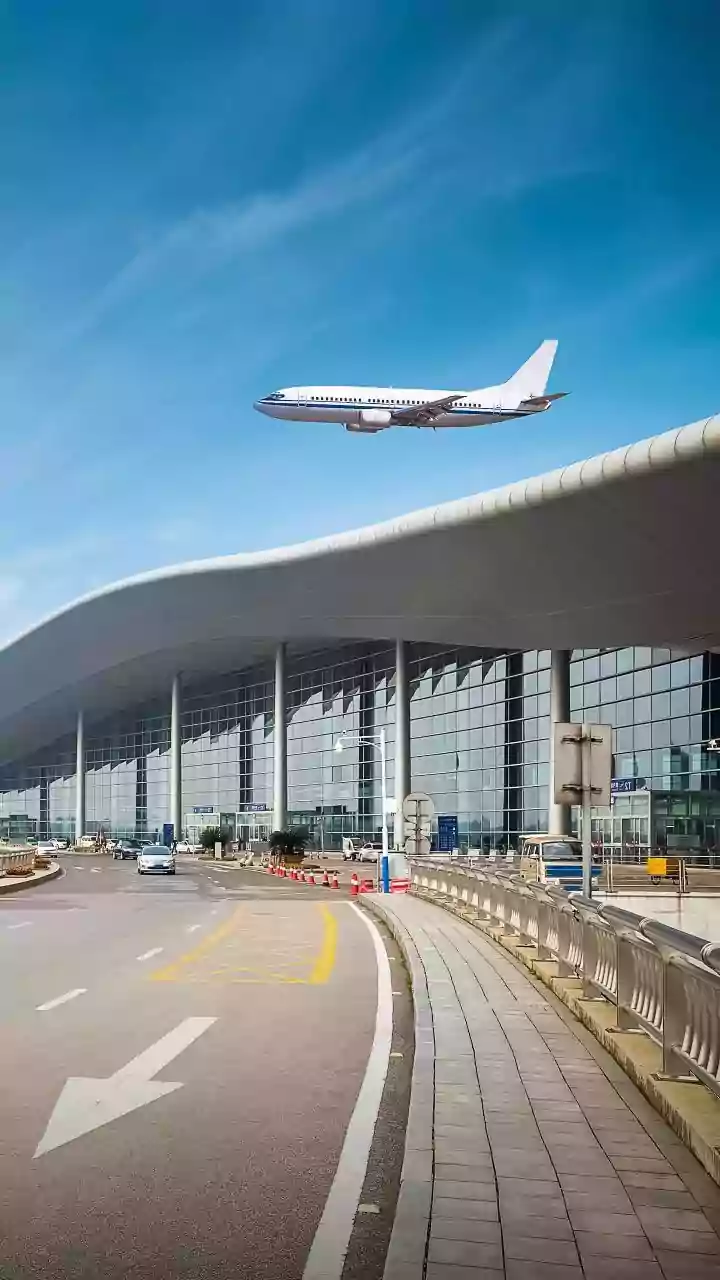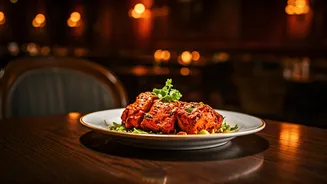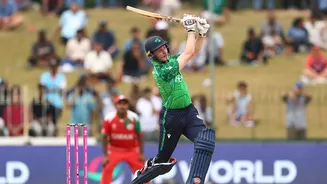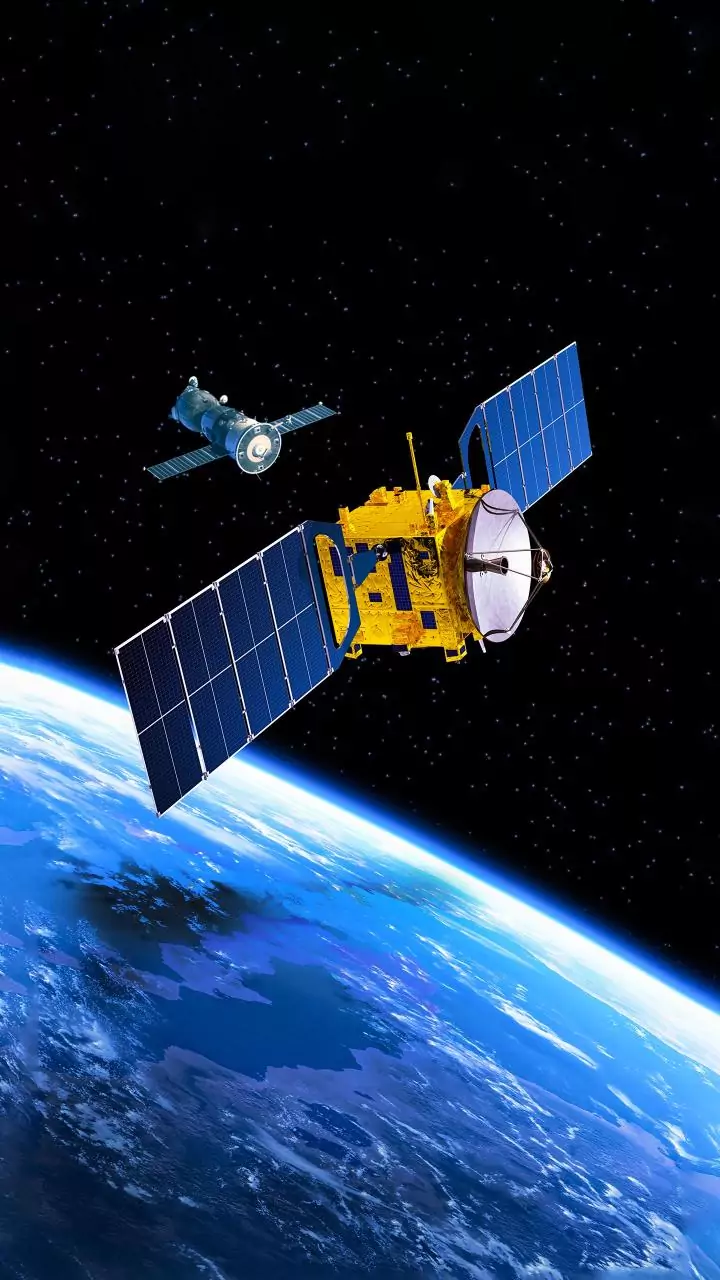What is the story about?
It has been termed as the most powerful storm to hit this year and Hurricane Melissa has lived up to its title. It made landfall on Tuesday (October 28) in southwestern Jamaica, ripping a path of destruction with brutal winds and torrential rain.
Hurricane Melissa first hit the island’s southern coast with maximum sustained winds of 295km/h (185mph) — the strongest on Earth so far this year. Fuelled by Caribbean water temperatures far warmer than usual, it was more powerful than the peak strength reached by Hurricane Katrina, which pummelled New Orleans in 2005.
Amid the powerful storm lashing the island nation, Desmond McKenzie, Jamaica’s minister overseeing disaster response, told a press conference, “Jamaica, this is not the time to be brave. Don’t bet against Melissa. It is a bet we cannot win.”
Hurricane Melissa has left a trail of destruction and damage in Jamaica after making it landfall there. However, the scale of Melissa’s damage in Jamaica isn’t yet clear, as a comprehensive assessment could take days and much of the island is without power, with communications networks badly disrupted.
At its peak, the storm packed ferocious sustained winds of 185 miles (300 kilometres) per hour. Visuals emerging from Jamaica since Hurricane Melissa made landfall show fallen trees and damaged homes.
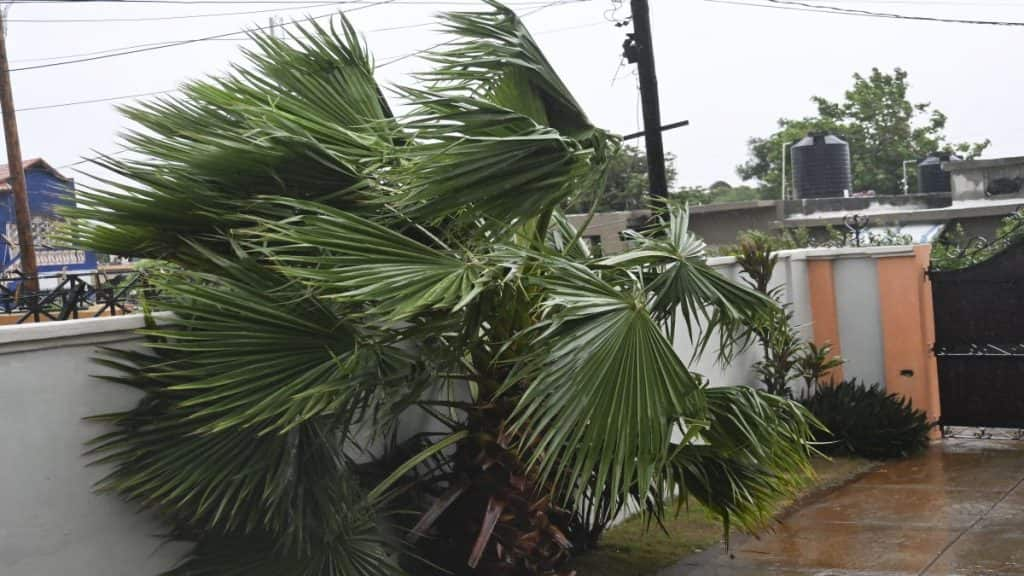
Commenting on the storm, Anne-Claire Fontan, the World Meteorological Organisation’s tropical cyclone specialist said: “It’s a catastrophic situation. For Jamaica, it will be the storm of the century, for sure.”
Government minister Desmond McKenzie said several hospitals had been damaged, including in the hard-hit southwestern district of Saint Elizabeth, a coastal area he said was “underwater”. “The damage to Saint Elizabeth is extensive, based on what we have seen,” he told a briefing.
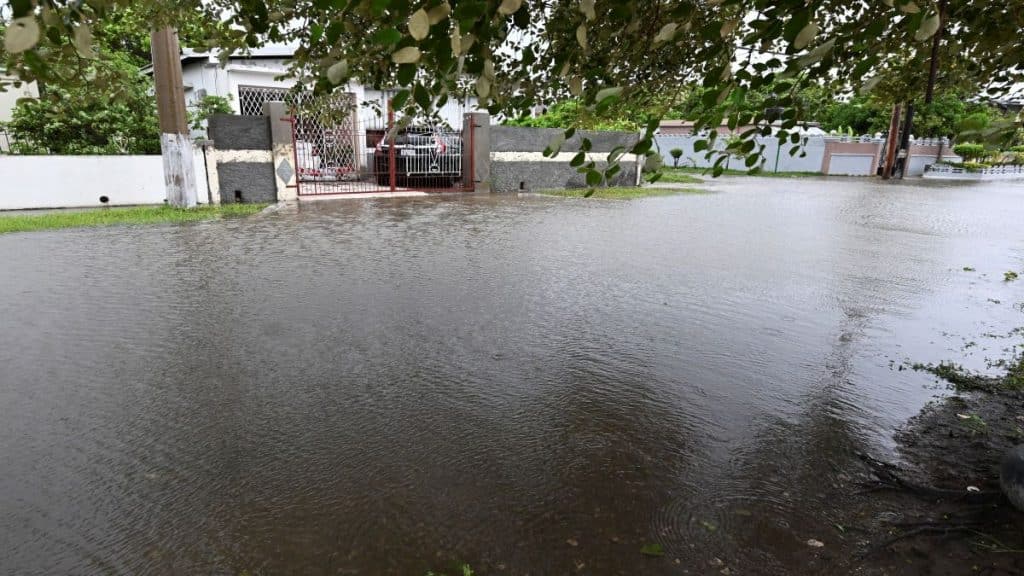
“Saint Elizabeth is the bread basket of the country, and that has taken a beating. The entire Jamaica has felt the brunt of Melissa.”
Even Jamaica’s Prime Minister Andrew Holness noted that there “would be devastating impacts” wherever the eye of Hurricane Melissa hit the island. “Reports that we have had so far would include damage to hospitals, significant damage to residential property, housing and commercial property as well,” Holness told CNN.
He further added, “There is no infrastructure in the region that can withstand a Category 5. The question now is the speed of recovery. That’s the challenge.”
Reports stated that Hurricane Melissa’s floodwaters trapped at least three families in their homes in the community of Black River in western Jamaica, and crews were unable to help them because of dangerous conditions. “Roofs are flying off,” said McKenzie. “We are hoping and praying that the situation will ease so that some attempt can be made to get to those persons.”
Nearly 15,000 people were in shelters in Jamaica and some 540,000 customers, or 77 per cent, were without power, officials said.
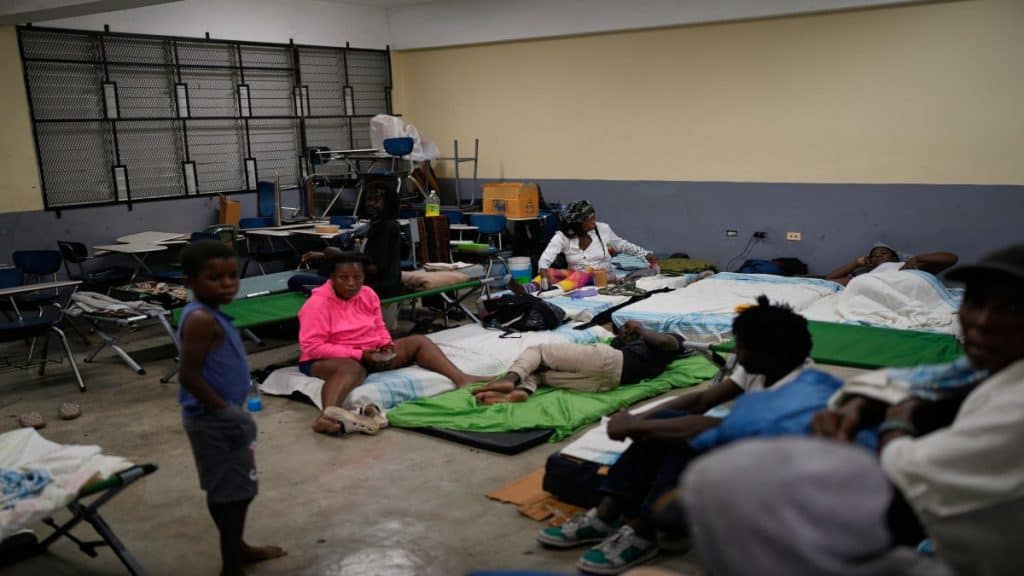
Apart from the trail of destruction that Hurricane Melissa left in Jamaica, the storm has also caused a crocodile threat. Jamaican health officials have already warned that flooding may displace crocodiles from their natural dwellings.
The South East Regional Health Authority in a statement said: Rising water levels in rivers, gullies, and swamps could cause crocodiles to move into residential areas. Residents living near these areas are therefore advised to remain vigilant and avoid flood waters.”
Jamaica is known for its deep, mountainous lands crinkled by narrow river valleys and brackish swamps — the kind crocs love to call home. There is only one species in Jamaica, the American Crocodile, which can be found along the southern coast, from St Thomas to Westmoreland.
Residents and holidaymakers in Jamaica are struggling with the impact of Hurricane Melissa, as they hunker down. Kabien, a mother-of-three who runs a beauty salon in the town of Santa Cruz, was quoted as telling BBC, “The doors are being blown off by the wind. There is water coming through the roof of the house. I am not OK.”
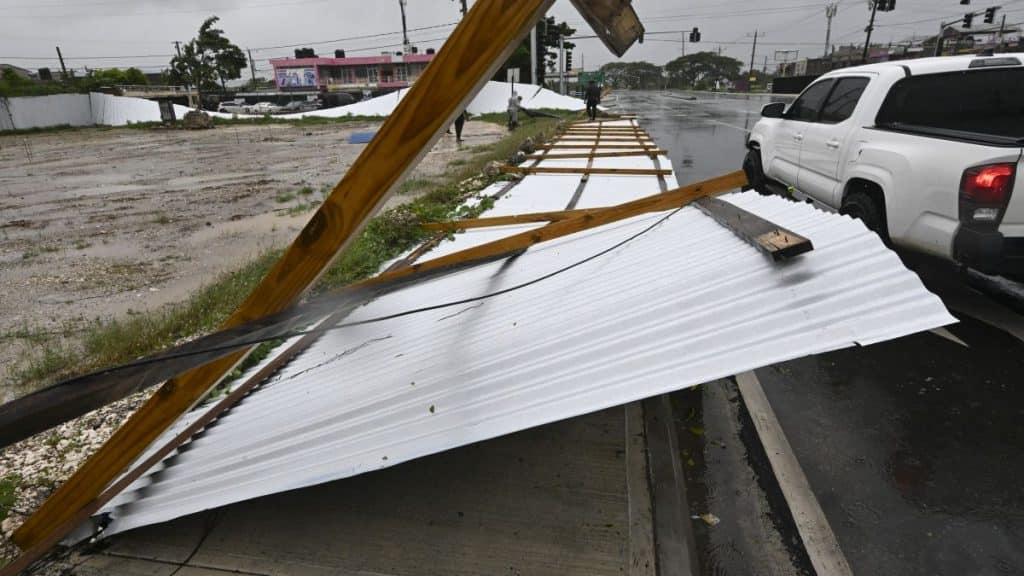
Kyle Holmes, from the UK, who is visiting Jamaica with his wife and young daughters, aged 7, 10, and 12, for a family wedding, told the BBC of the devastation wreaked by the storm. He said the hotel he was staying in - the Grand Palladium Resort, in the town of Lucea, half an hour from Montego Bay on the coast - looks like “a disaster zone”. He said he barricaded the windows to the hotel room by placing all the furniture against them, and his family were safe after the “worst experience ever”.
Colin Bogle, a Mercy Corps adviser, was sheltering with his grandmother in Portmore, where everything went dark after a loud explosion. “The noise is relentless,” he told the Associated Press. “People are anxious and just trying to hold on until the storm passes.”
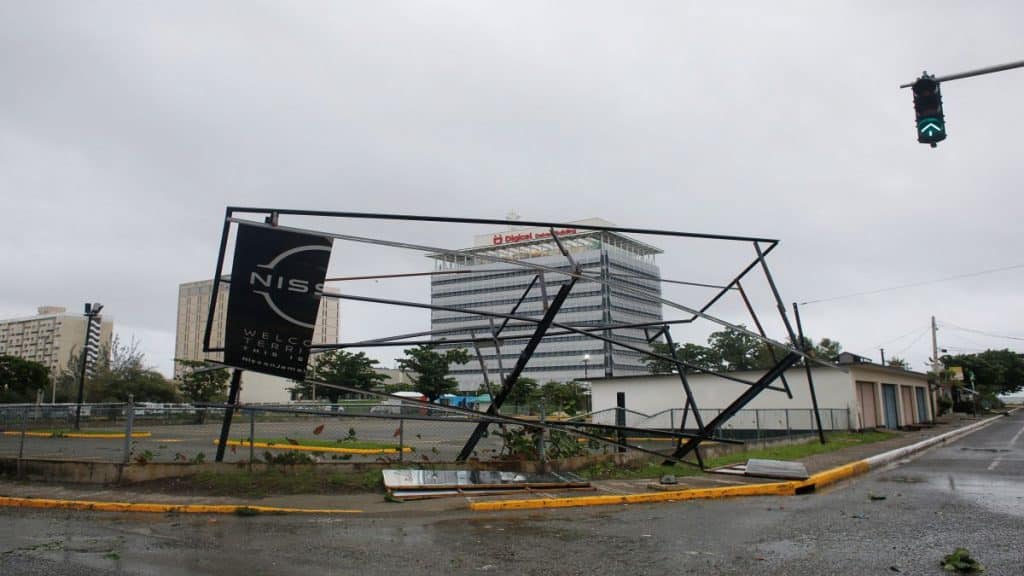
After wreaking havoc in Jamaica, Hurricane Melissa is expected to make landfall in eastern Cuba early Wednesday. According to forecasts, up to 20 inches of rain has been predicted along with a significant storm surge along the coast.
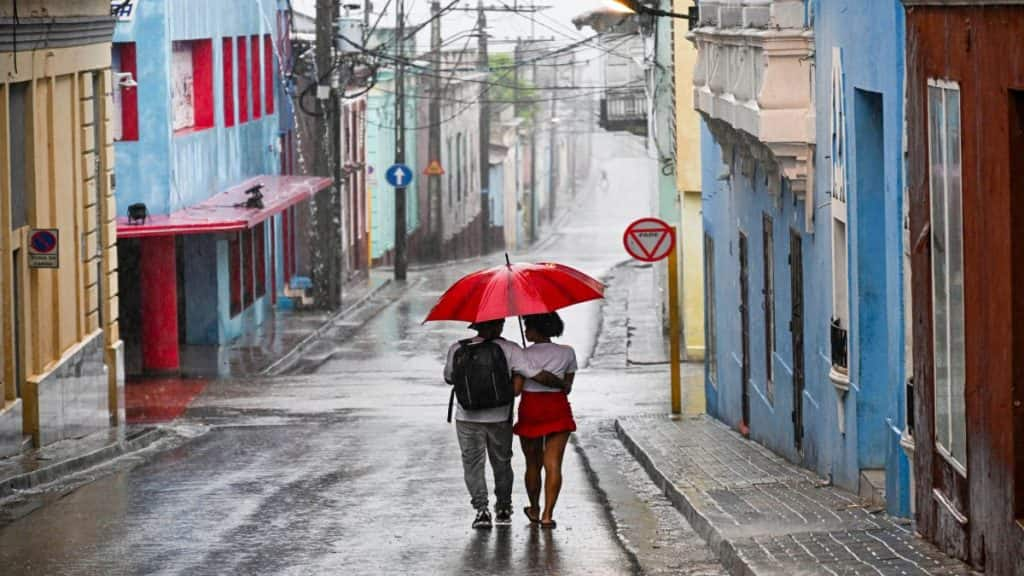
In a televised address to the nation, Cuban President Miguel Díaz-Canel urged the population to not underestimate the power of the storm, “the strongest ever to hit national territory.”
He later called on residents to be brave. “I ask you to be alert, show solidarity, and not forget discipline in the face of this threat. We will prevail,” he said, according to Cuba’s official state newspaper Granma.
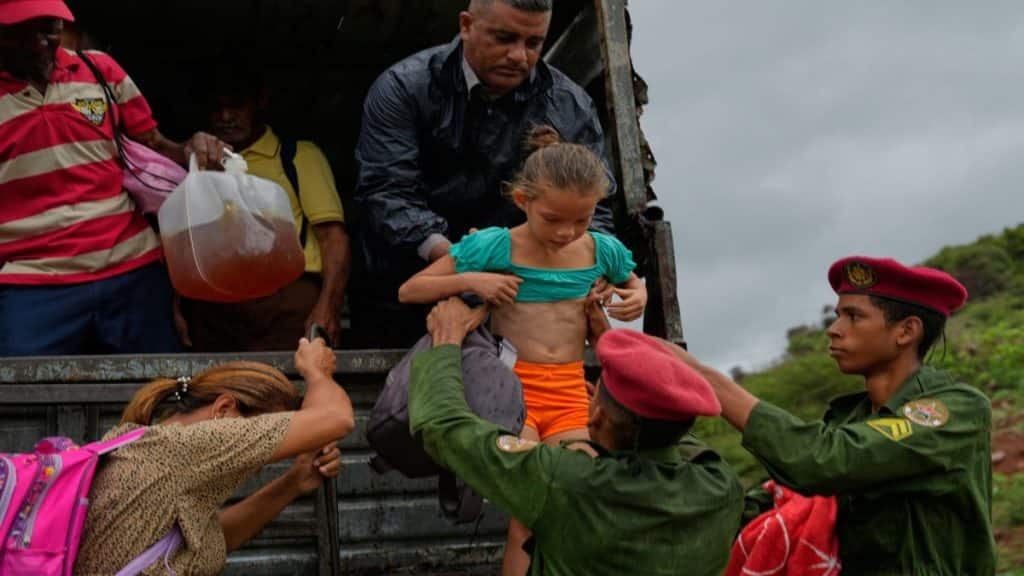
And in wake of the storm’s arrival, authorities have already evacuated about 500,000 people from areas vulnerable to winds and flooding. Diamon Mendoza, 36, did not hide her concern about the unavoidable storm. “May God have mercy on us, because it’s coming with a lot of strength,” Mendoza said. “Anything can happen.”
With inputs from agencies
Hurricane Melissa first hit the island’s southern coast with maximum sustained winds of 295km/h (185mph) — the strongest on Earth so far this year. Fuelled by Caribbean water temperatures far warmer than usual, it was more powerful than the peak strength reached by Hurricane Katrina, which pummelled New Orleans in 2005.
Amid the powerful storm lashing the island nation, Desmond McKenzie, Jamaica’s minister overseeing disaster response, told a press conference, “Jamaica, this is not the time to be brave. Don’t bet against Melissa. It is a bet we cannot win.”
Melissa unleashes ‘catastrophe’ in Jamaica
Hurricane Melissa has left a trail of destruction and damage in Jamaica after making it landfall there. However, the scale of Melissa’s damage in Jamaica isn’t yet clear, as a comprehensive assessment could take days and much of the island is without power, with communications networks badly disrupted.
At its peak, the storm packed ferocious sustained winds of 185 miles (300 kilometres) per hour. Visuals emerging from Jamaica since Hurricane Melissa made landfall show fallen trees and damaged homes.

Trees sway in the wind in St Catherine, Jamaica, after Hurricane Melissa made landfall. AFP
Commenting on the storm, Anne-Claire Fontan, the World Meteorological Organisation’s tropical cyclone specialist said: “It’s a catastrophic situation. For Jamaica, it will be the storm of the century, for sure.”
Government minister Desmond McKenzie said several hospitals had been damaged, including in the hard-hit southwestern district of Saint Elizabeth, a coastal area he said was “underwater”. “The damage to Saint Elizabeth is extensive, based on what we have seen,” he told a briefing.

A flooded street is seen in St. Catherine, Jamaica as Hurricane Melissa made landfall. AFP
“Saint Elizabeth is the bread basket of the country, and that has taken a beating. The entire Jamaica has felt the brunt of Melissa.”
Even Jamaica’s Prime Minister Andrew Holness noted that there “would be devastating impacts” wherever the eye of Hurricane Melissa hit the island. “Reports that we have had so far would include damage to hospitals, significant damage to residential property, housing and commercial property as well,” Holness told CNN.
He further added, “There is no infrastructure in the region that can withstand a Category 5. The question now is the speed of recovery. That’s the challenge.”
BREAKING: New video shows the catastrophic damage from Category 5 Hurricane Melissa in Black River, Jamaica.
So sad. pic.twitter.com/IUQRhVGSK4
— Brian Krassenstein (@krassenstein) October 29, 2025
Reports stated that Hurricane Melissa’s floodwaters trapped at least three families in their homes in the community of Black River in western Jamaica, and crews were unable to help them because of dangerous conditions. “Roofs are flying off,” said McKenzie. “We are hoping and praying that the situation will ease so that some attempt can be made to get to those persons.”
Nearly 15,000 people were in shelters in Jamaica and some 540,000 customers, or 77 per cent, were without power, officials said.

People take shelter in a school as Hurricane Melissa's makes landfall in Old Harbour, Jamaica. AP
Hurricane Melissa brings crocodile threat to Jamaica
Apart from the trail of destruction that Hurricane Melissa left in Jamaica, the storm has also caused a crocodile threat. Jamaican health officials have already warned that flooding may displace crocodiles from their natural dwellings.
The South East Regional Health Authority in a statement said: Rising water levels in rivers, gullies, and swamps could cause crocodiles to move into residential areas. Residents living near these areas are therefore advised to remain vigilant and avoid flood waters.”
Streets of Kingston, Jamaica, UNDERWATER after Hurricane Melissa makes landfall on the Caribbean island as a category 5 storm pic.twitter.com/4wQvKRzSxu
— MOCez🇷🇺🇮🇶🇾🇪🇨🇳🇵🇰🇵🇸🇱🇧🇮🇷🇰🇵☀️ (@Mousacisse1) October 29, 2025
Jamaica is known for its deep, mountainous lands crinkled by narrow river valleys and brackish swamps — the kind crocs love to call home. There is only one species in Jamaica, the American Crocodile, which can be found along the southern coast, from St Thomas to Westmoreland.
‘We are all terrified’
Residents and holidaymakers in Jamaica are struggling with the impact of Hurricane Melissa, as they hunker down. Kabien, a mother-of-three who runs a beauty salon in the town of Santa Cruz, was quoted as telling BBC, “The doors are being blown off by the wind. There is water coming through the roof of the house. I am not OK.”

A blown down fence is seen in St. Catherine, Jamaica following Hurricane Melissa making landfall. AFP
Kyle Holmes, from the UK, who is visiting Jamaica with his wife and young daughters, aged 7, 10, and 12, for a family wedding, told the BBC of the devastation wreaked by the storm. He said the hotel he was staying in - the Grand Palladium Resort, in the town of Lucea, half an hour from Montego Bay on the coast - looks like “a disaster zone”. He said he barricaded the windows to the hotel room by placing all the furniture against them, and his family were safe after the “worst experience ever”.
Colin Bogle, a Mercy Corps adviser, was sheltering with his grandmother in Portmore, where everything went dark after a loud explosion. “The noise is relentless,” he told the Associated Press. “People are anxious and just trying to hold on until the storm passes.”

A partially collapsed hoarding frame near the Digicel Delves Building, as Hurricane Melissa hits downtown Kingston, Jamaica. Reuters
Hurricane Melissa takes aim at Cuba
After wreaking havoc in Jamaica, Hurricane Melissa is expected to make landfall in eastern Cuba early Wednesday. According to forecasts, up to 20 inches of rain has been predicted along with a significant storm surge along the coast.

A couple walks in a street before Hurricane Melissa hits the city of Santiago de Cuba, Cuba. AFP
In a televised address to the nation, Cuban President Miguel Díaz-Canel urged the population to not underestimate the power of the storm, “the strongest ever to hit national territory.”
He later called on residents to be brave. “I ask you to be alert, show solidarity, and not forget discipline in the face of this threat. We will prevail,” he said, according to Cuba’s official state newspaper Granma.

People evacuate before the arrival of Hurricane Melissa in Canizo, a community in Santiago de Cuba. AP
And in wake of the storm’s arrival, authorities have already evacuated about 500,000 people from areas vulnerable to winds and flooding. Diamon Mendoza, 36, did not hide her concern about the unavoidable storm. “May God have mercy on us, because it’s coming with a lot of strength,” Mendoza said. “Anything can happen.”
With inputs from agencies
